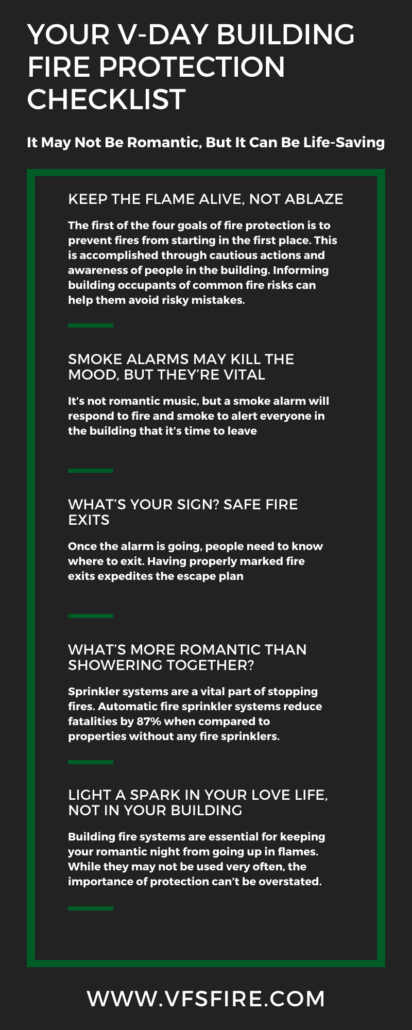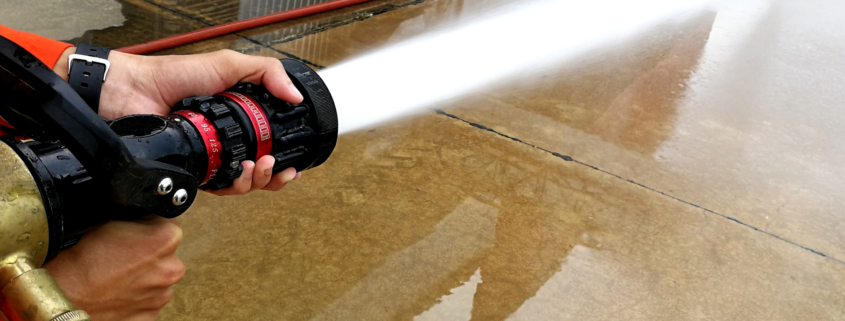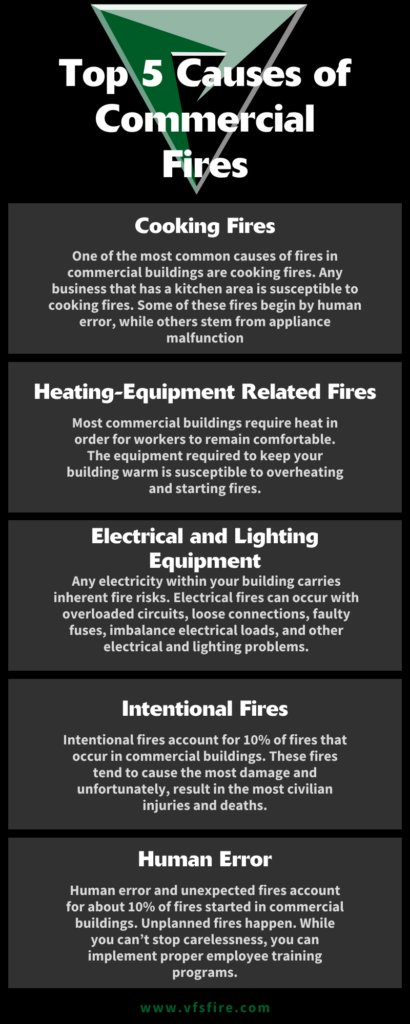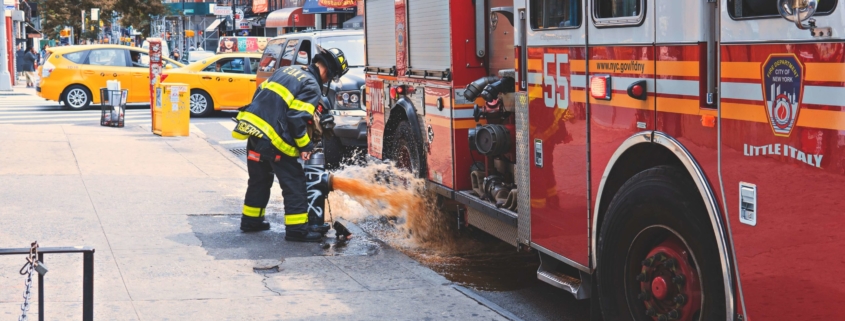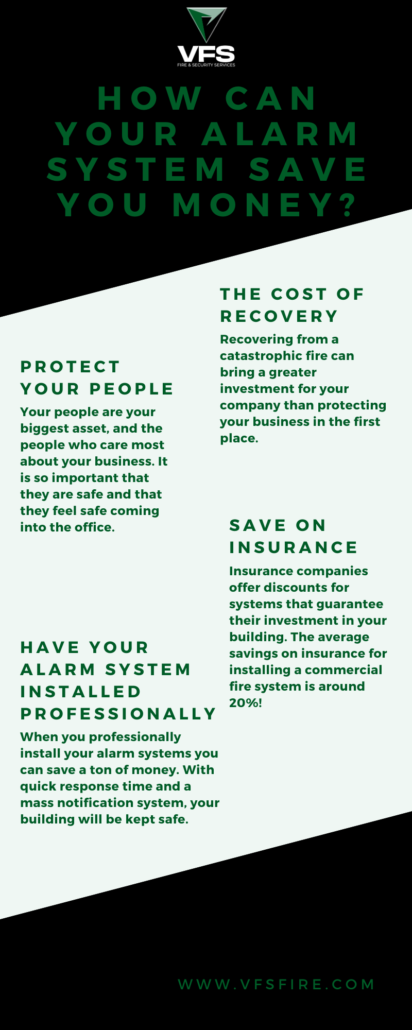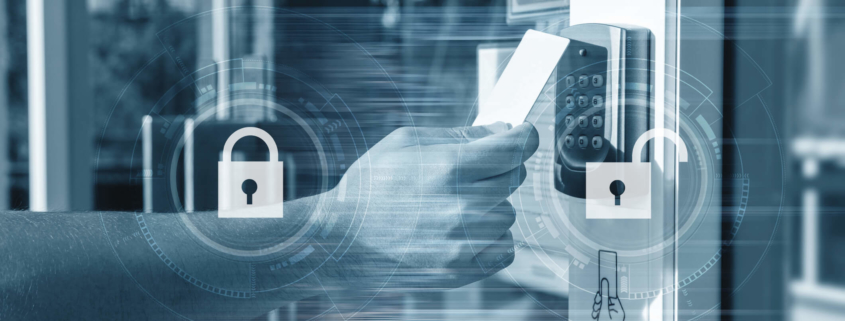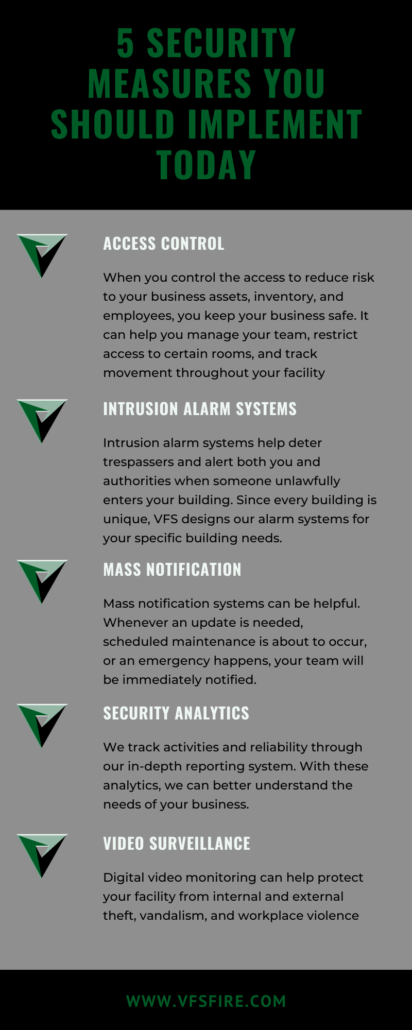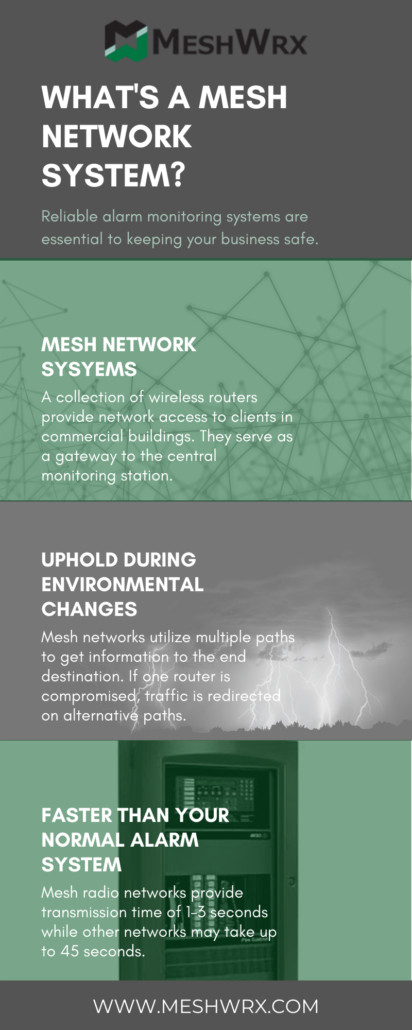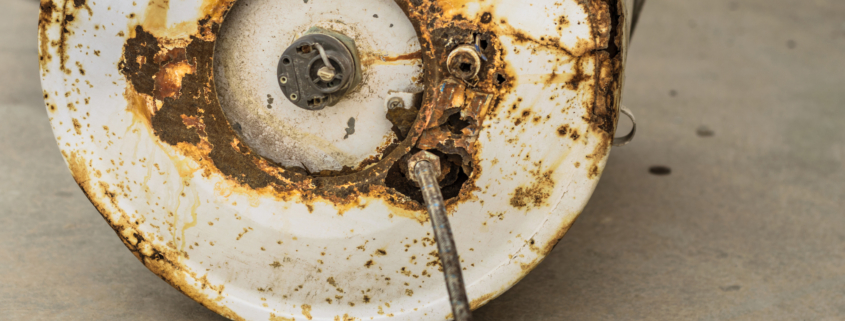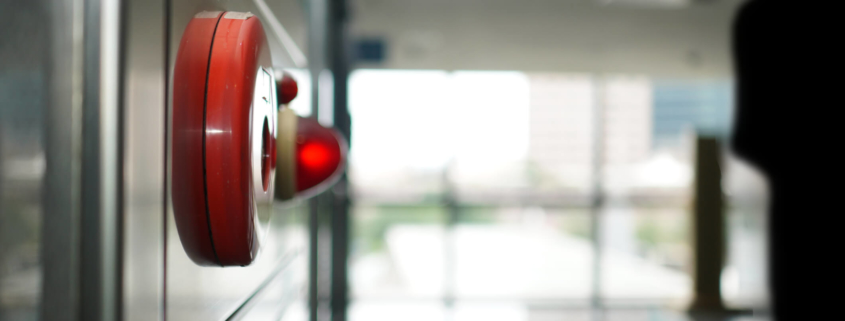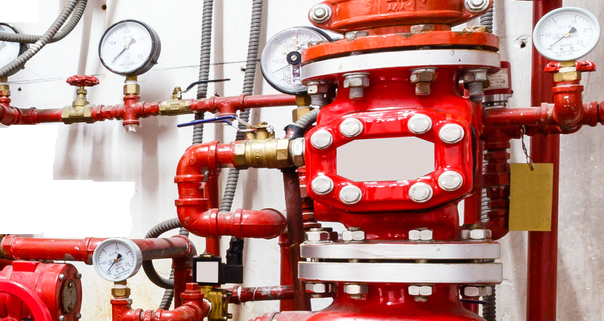It May Not Be Romantic, But It Can Be Life-Saving
Valentine’s Day is here and love is in the air. While it’s easy to get swept up in the romance, it’s important to ensure that the air remains clear of smoke. Before lighting the candles and sitting down for dinner, make sure your building is protected.
The four main goals of fire protection are:
- Prevent a Fire From Starting
- Prevent Loss of Life When a Fire Does Start
- Confine the Fire to Its Origin
- Extinguish the Fire
VFS provides systems that can quickly alert everyone that a fire is in the building and to help stop the fire in its tracks. There are many types of fire protection systems in buildings and we can make sure yours are cutting edge. When you need fire protection, you need it to be the best.
Keep the Flame Alive, Not Ablaze
The first of the four goals of fire protection is to prevent fires from starting in the first place. This is accomplished through cautious actions and awareness of people in the building. Informing building occupants of common fire risks can help them avoid risky mistakes.
Common Valentine’s Day Firestarters
- Candles and fireplaces provide light, warmth, and they set the mood for a romantic night — but they can also be a hazard. Many fires begin in the bedroom, usually because candles are too close to bedding, mattresses, or upholstered furniture that easily lights on fire.
- Cooking fires are incredibly common and are often the result of an unattended stove. When pouring your heart into a Valentine’s Day dinner for your significant other, make sure to stay in the kitchen and practice caution.
- Helium balloons are a delightful surprise, but try to keep them inside. If they float away, they may hit a power line on the way. This can cause a small explosion that melts the electric wire and leads it to fall. The fallen electrical wire can spark a fire.
Posting warnings around flammable objects can bring awareness and help prevent the romantic gesture from blowing up in your face.
Smoke Alarms May Kill the Mood, But They’re Vital
It’s not romantic music, but a smoke alarm will respond to fire and smoke to alert everyone in the building that it’s time to leave. While preventing fires altogether is preferable, planning for the event of a fire is an essential step to save lives.
Both automatic and manual smoke alarms play an important role in a timely evacuation. To prevent the loss of life during a fire, having a highly responsive alarm system can make all the difference. If your alarm systems haven’t been updated for a while, they may not work properly. We’ll make sure your fire alarm system is fully functional and ready to alert you.
What’s Your Sign? Safe Fire Exits
Once the alarm is going, people need to know where to exit. Having properly marked fire exits expedites the escape plan. Even if you go over a fire safety plan together, the plan can fly out the window in the panic of the moment.
Clearly marking exits and exit routes can guide people to safety, even when it’s hard to process the situation. LED fire exit signs can easily be seen through smoke and show people where to go. Multiple signs leading the way to the fire exit are helpful in larger buildings where the exit sign may not be visible from down a hallway.
What’s More Romantic Than Showering Together?
Sprinkler systems are a vital part of stopping fires. Automatic fire sprinkler systems reduce fatalities by 87% when compared to properties without any fire sprinklers. Sprinklers help prevent the spread of fire and confine the blaze to its area of origin.
Fire sprinkler systems are highly effective at controlling fires and keeping them from growing. They’re triggered individually when the heat of a room reaches a certain temperature, activating the sprinkler. Not all sprinklers will be activated at once, so water damage is minimized.
If your fire sprinkler systems aren’t checked often, they may not work when they’re needed most. VFS can help you ensure your sprinkler system is functioning properly so your building will be protected in the worst-case scenario. Our inspection and maintenance teams are prepared to help keep your building up to NFPA and local codes. Inspection and maintenance is essential to ensuring your sprinkler and fire alarm systems are functioning properly when you need them most.
Light a Spark in Your Love Life, Not in Your Building
Building fire systems are essential for keeping your romantic night from going up in flames. While they may not be used very often, the importance of protection can’t be overstated. Top-tier fire protection is better to have and not need than need and not have.
So before the mood heats up this Valentine’s Day, make sure your building won’t. These tips can keep the romance — as well as everyone in the building — alive and well.



